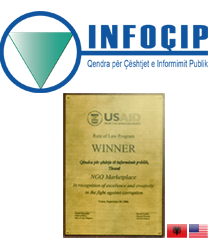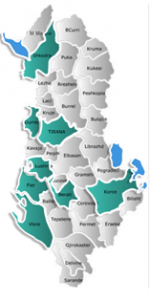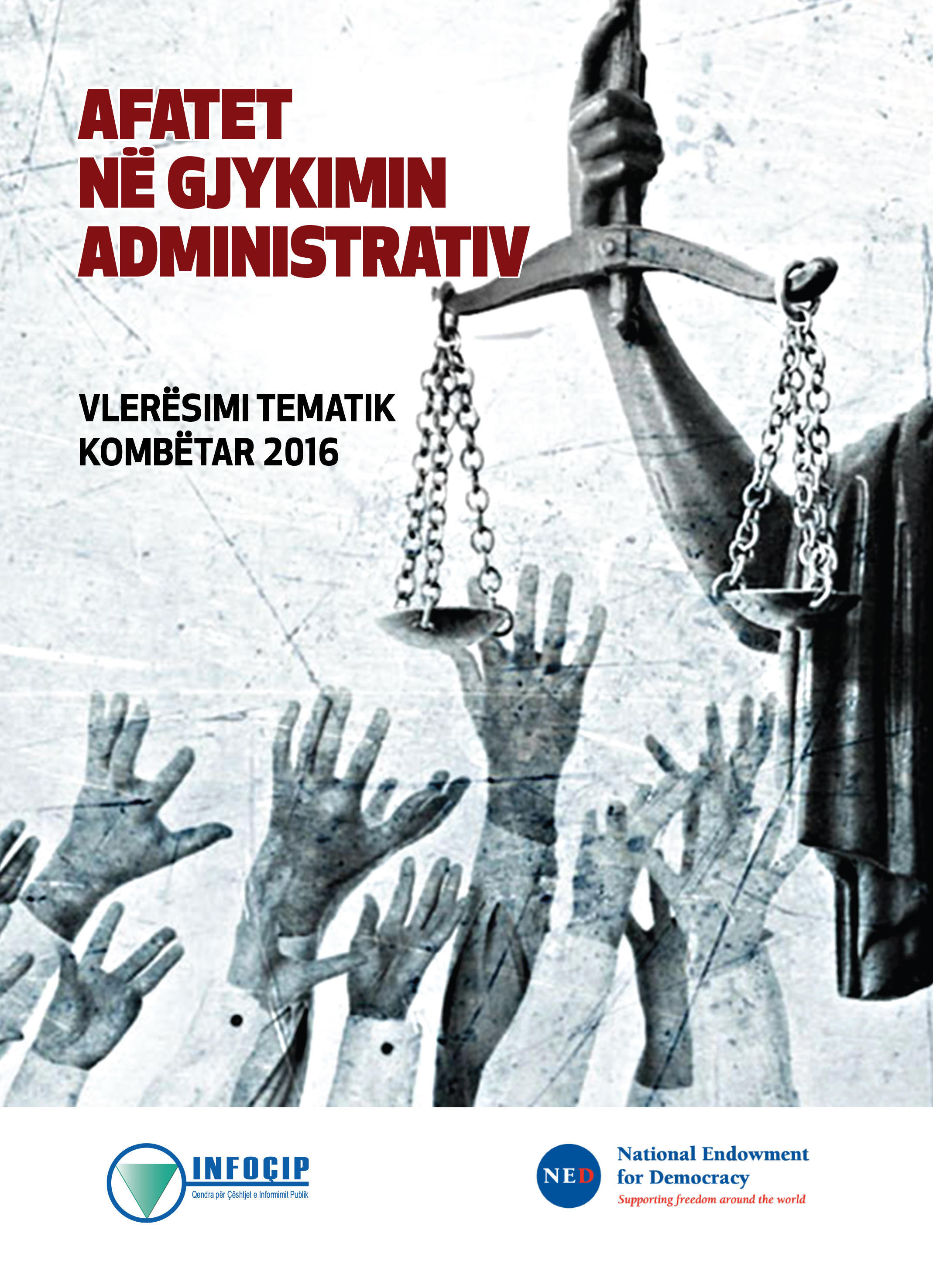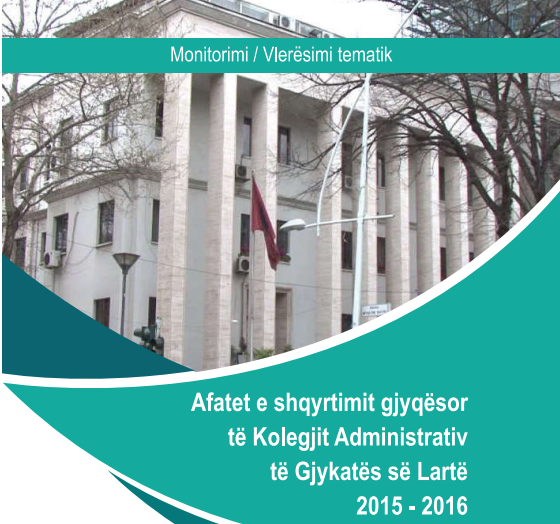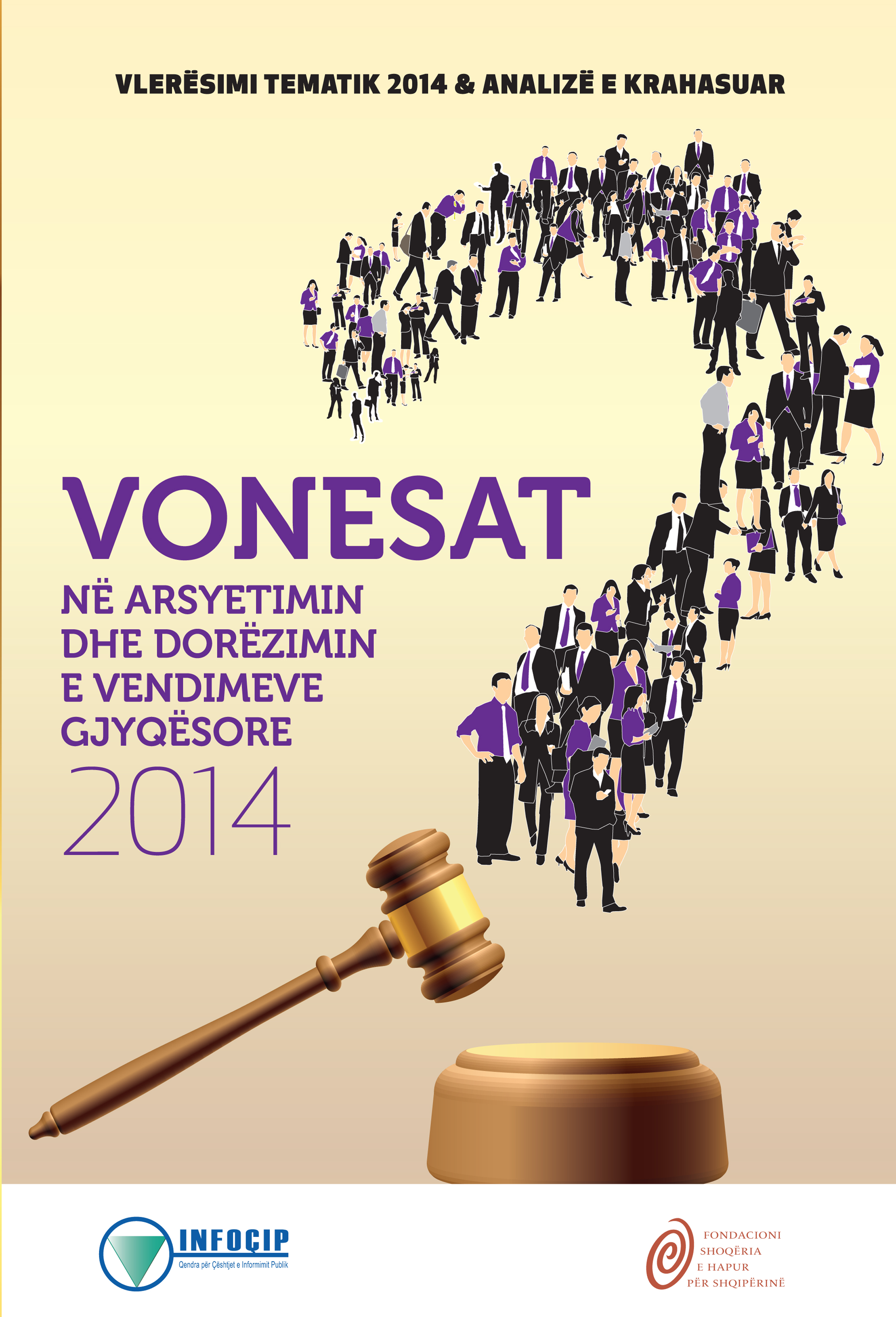Lack of Regulation Hampers Albanian RTI Law, Report Says
 FREEDOMINFO.ORG / 20 MARCH 2013 – The Albanian right to information law is being hampered in a variety of ways, including by a lack of implementation regulations, according to a report prepared for the World Bank.
FREEDOMINFO.ORG / 20 MARCH 2013 – The Albanian right to information law is being hampered in a variety of ways, including by a lack of implementation regulations, according to a report prepared for the World Bank.
A summary lists four main factors:
– an administrative culture of secrecy and confidentiality persists,-
– the government has not developed procedures for ensuring RTI to citizens,
– scarce budget resources constrain effective implementation of the ATI law.
– a lack of awareness by citizens of their rights under the ATI may contribute to the ongoing problem of bribery.”
In the years after its adoption in 1998, several implementation measures were put in place, “but in the absence of a centralized agency designated to oversee the process, these early initiatives quickly became fragmented.”
The 30-page report was prepared by Albanian consultants Gerti Shella and Jolanda Trebicka, under the supervision of Anupama Dokeniya, a World Bank Staffer. Shella is director of the Center for Public Information Issues in Albania and Trebicka advises the European Union delegation in Albania.
Dokeniya lead the larger project on RTI implementation of of which this case study was one of eight. (See previous FreedomInfo,org report.)
Lack of Regulations Faulted
“No regulations or guidance on procedures for access were ever issued,” according to the report, “but information officers were appointed and internal regulations were adopted by some departments.…” However, the absence of national regulations “has left implementation details to the discretion of individual agencies.”
The effectiveness of the People’s Advocate, charged with oversight of the law, “is limited,” the report states. Its attempts at drafting implementing regulations failed in 2005, never winning the approval of the Council of Ministers. “Declining political support and limited capacity have thwarted successful implementation,”
Reforms Proposed
“Legal improvements in compliance with the acquis communitaire should be adopted that would:
(1) widen the circle of entities obliged to provide information to include natural or legal persons performing public or administrative functions (such as private companies with monopolies/concessions for water supply or electricity) and legal entities operating partly or entirely with public funds (such as for-profit and nonprofit companies owned, controlled, or considerably subsidized by the state);
(2) add language that defines and lists exclusive criteria, for withholding information;
(3) review and modify language and deadlines relating to timelines for providing information to address the problem of delays and extensions;
(4) develop information disclosure policies and rules for each institution, including defining documents that should be made available to the public;
(5) develop better access to public information by disabled persons; (6) clarify provisions that give applicants the right to obtain documents in their preferred format (such as electronic or paper); and specify permissible fees for accessing information to reduce the discretion of individual entities.
Other recommendations include:
(1) reviewing any legislation that intersects with Law 8503 and making it conform with its procedural requirements;
(2) developing mechanisms to assist citizens filing complaints or appeals when ATI is denied;
(3) including municipalities under the e-governance program;
(4) strengthening mechanisms for monitoring the implementation of the ATI and RTI framework; and
(5) intensifying public education and awareness activities.
In another summary statement, the report says:
A general conclusion related to implementation of the ATI and RTI in Albania is that good progress has been made in developing the legislation and institutional framework supporting the implementation but the public information regime in place continues to have significant problems in its functioning. The reasons for this include problems with infrastructure, lack of sufficient political will expressed in the weakness of administrative capacity, and autocratic tendencies inherited from the administration; it is also conditioned by the shortcomings of the legal framework for RTI that has remained unchanged since 1999.
LAST RELEASED PUBLICATION
MONITORING REPORT
Recent reports/studies
Partners / Donors
Local Branches
- Citizens' Transparency Office, Durrës (19)
- Citizens' Transparency Office, Korça (9)
- Election Situation Chamber (11)
- JUDICIARY (1)
- NED (11)
- www.vendime.al (5)
Foto lajm

- CPII anounces the monitoring result for Durres Municipal Council. It must be re-elected
Where we work

